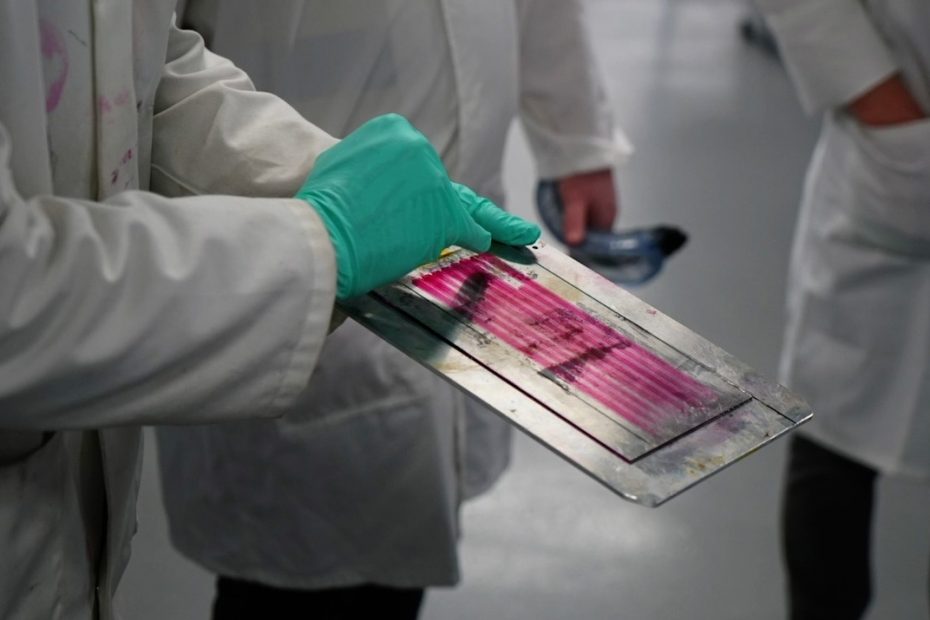Application Targeted and Integrated Photovoltaics (ATIP) is a £6 million award to drive next-generation solar technology into new applications. It is led by us at SPECIFIC, in partnership with Swansea’s new Centre for Integrative Semiconductor Materials (CISM), the Centre for Processable Electronics (CPE) at Imperial College London, and Oxford University’s Department of Physics. Here, ATIP Programme Manager, Dr Silvia Villarroya-Lidon discusses the challenges of establishing the new programme during the COVID-19 lockdown period.
EPSRC Programme Grants are mechanisms to provide flexible funding to world-leading research groups to address significant major research challenges. This represented a great opportunity for Swansea University to strengthen links with other academic partners and to receive greater visibility and recognition at both a national and international level. In March 2020, we heard the wonderful news from EPSRC that our programme grant was to be funded.
Once we received the offer letter from EPSRC, we had to decide on a start date for the project. We had two options: go ahead with the original start date of 1st July, or postpone the start date to later in the year. We decided to go with the original date, which means that with the COVID-19 situation, we must adapt quickly to the changes to how we operate.
Thankfully, as ATIP is led by SPECIFIC, an established organisation, this allows me to seek advice and expertise from my colleagues when it is needed. We also have strong links with our partners, which has made it easier to continue to function as normal during lockdown, with a helping hand from collaborative online technologies.
During the lockdown period, we had numerous Zoom calls with different teams. Very early in the lockdown period, we began our operational management meetings and planning meetings with all the academics involved in the project. It normally takes some time to arrange in-person meetings with academics from all over the UK, but we can now quickly advance to optimum performance and focus on the work with the available online technologies.
All the meetings and planning had two objectives: establish the project across all three universities and get ready for the Virtual Launch Meeting at the end of July.
This required establishing a brand and website, the signature of a collaboration agreement with the university partners, establishing financial codes at each university, the signature of a MoU with the industrial partners, and lots more paperwork that needed to be in place by the start date of the project.
Finally, the Virtual Launch Meeting took place on the 30th July 2020. The event was a success, with 70 participants including researchers from all three university partners, our industrial collaborators, members of the Advisory Board and our EPSRC project monitor. This level of attendance is unlikely to have happened if this had been a physical meeting, as it would have involved travelling, possible overnight stays and clear schedules. Not to mention the carbon impact…
On the contrary, we ran an effective two-hour launch meeting with relevant presentations, with a major number of attendees and great feedback. This has been a great start of the project and we are now looking forward to the next steps:
- Our aligned PhD students and post-docs will start the technical work in the labs
- We will continue to form the team and recruit more research staff
- We will be arranging monthly topic-focused workshops to further discuss the technical plan.
Follow ATIP on Twitter for updates!
